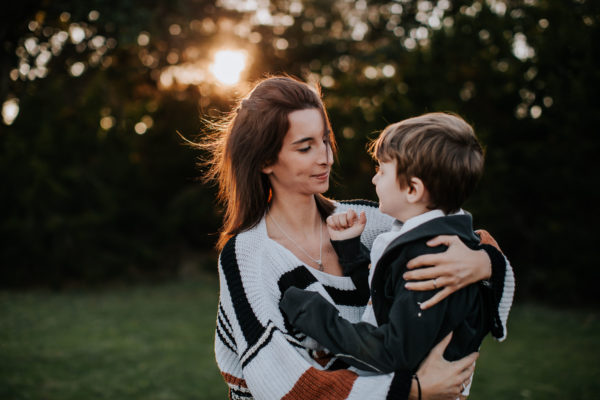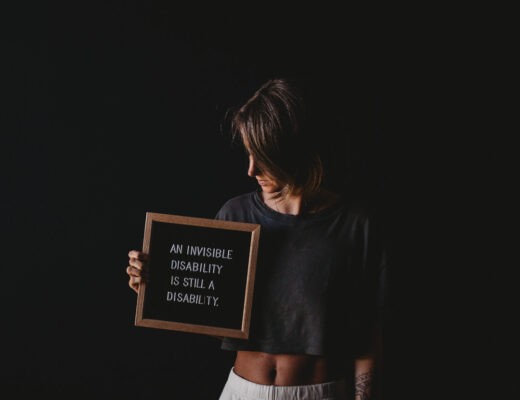You need to listen to autistic adults
If you’re the neurotypical parent of an autistic child and have the audacity to speak about your child’s autism, you’ve probably been told by people in the neurodiversity movement that you’re wrong—to “listen to autistic adults”.
And they’re right. You should. But that, of course, includes autistics adults like me. Those who support ABA therapy, who don’t believe autism is only a gift, and those who don’t think parents of autistic children are martyrs if they express any negativity about their child’s diagnosis. A diverse range of opinions. Not just THEIR opinions. Listening to the autistic adults, like me, who won’t jump down your throat for saying “person with autism” instead of “autistic person”. And those who appreciate parents who share their struggles, whether they’re autistic or not.
But not only…
You should listen to autistic voices but not only. Autism affects the whole family unit, so it’s worth listening to the family too. You should listen to my mom! To what it was like raising a child with undiagnosed high-functioning autism. You should listen to parents of nonverbal children – you know, people who don’t have the luxury of being able to advocate for themselves on social media.
There isn’t one single autistic voice. There’s no “we” when it comes to autistics. There’s no “we” because just like with neurotypical people, we’re our own people with different views and different feelings!
So sure, listen to autistic adults, but don’t ever forget that autistic adults don’t speak for your children, they’re speaking for themselves and for a minority of angry and vocal people who are part of the neurodiversity movement. Sharing a diagnosis doesn’t mean we all understand what every autistic person is going through. The spectrum is too broad.
That means that I don’t speak for your children either as an autistic adult. All I can do is offer my perspective as one autistic person, and also my perspective as the mother of a child with severe autism. Each autistic is an expert on their own autism, and that’s it.
My book, All Across The Spectrum, is available here.





3 Comments
Nate Watkins
2020-01-23 at 4:54 AMI understand that there are many valid voices out there. But really, what better than to ask someone on the spectrum? Many people acknowledge that while autism can be disabling, it can also be a gift. Neurodiversity isn’t about making autism about all rainbows and unicorns, it’s about acknowledging the reality of autism as a two-edged sword and that it isn’t right or wrong, it just is.
Nate Watkins
2020-01-23 at 5:02 PMWell, the thing about ABA is that recent study shows why it doesn’t really work as much as you might think: https://www.alfiekohn.org/blogs/autism/
Jana
2020-01-26 at 5:37 AMThank you very much for this perspective. My son isn’t able to walk independently, feed himself, dress or bathe himself, toilet himself (he is in diapers), speak, or communicate beyond simple requests on his device. He self-injures. He often screams and sobs in a way that tells me he must be in pain and distress, but he cannot tell me what’s going on. I know that he understands a lot, and is a smart guy. But he is essentially trapped inside his body. I admit that I find it rather bewildering and confounding, when adults on the spectrum–who can obviously communicate fluidly, self-advocate, and in all probability lead independent lives that don’t require round-the-clock care-giving–insist that they are experts in my son. That they, who have never met him, or lived the particulars of his life, somehow know him better than I do. Even though I’ve spent basically every day with him since his birth. They share a diagnosis, yes–but the overwhelming majority of their lives are so different from his, they’re almost unrecognizable.